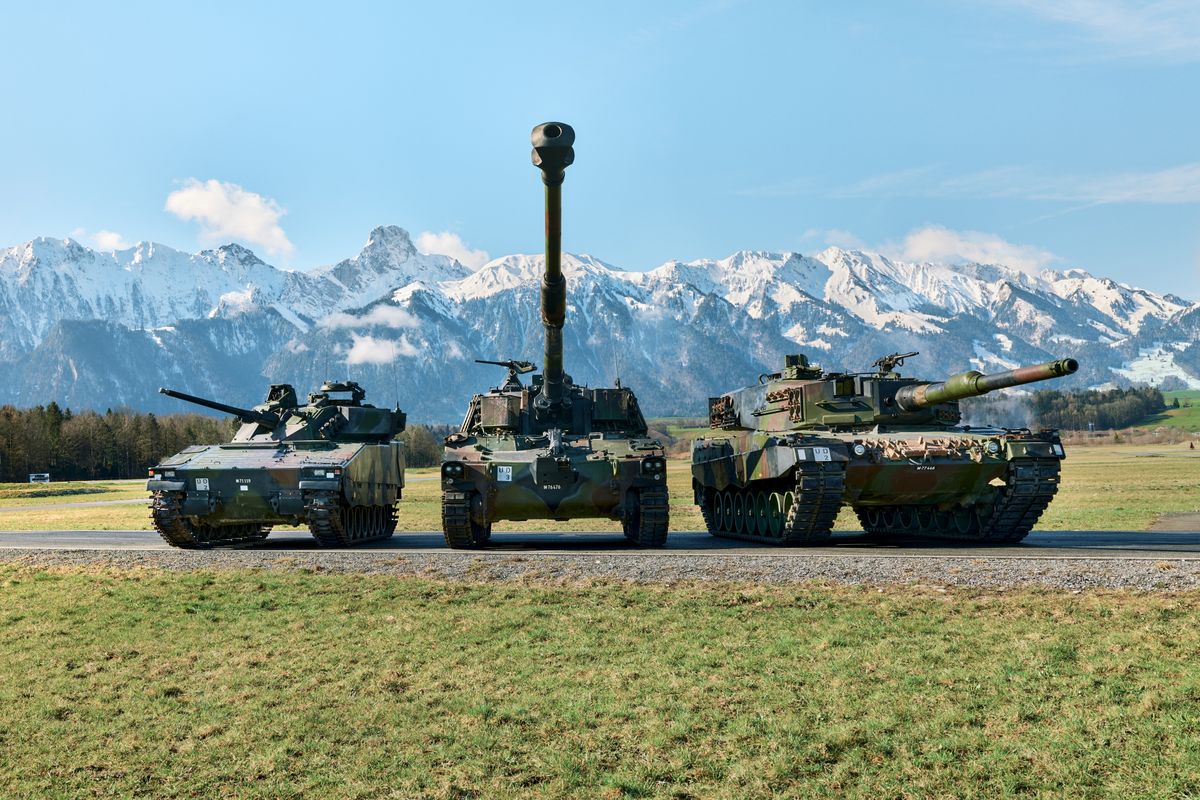,
By Stijn Mitzer and Joost Oliemans
''Those who don't love me don't deserve to live.'' (By Muammar Gaddafi)
During a period that spanned four decades the former Libyan leader Muammar Gaddafi became world renowned for his cult of personality, his proposal to partition Switzerland during a G8 summit, invading four out of Libya's six neighbours, his attempt to persuade an Egyptian(!) submarine to sink the British Queen Elizabeth 2 ocean liner and for orchestrating the 1988 Lockerbie bombing. Nonetheless, many myths still shape contemporary thinking on Gaddafi, such as the provision of free electricity, free healthcare and free money to 'his people' while living a modest life largely devoid of any luxury himself. Gaddafi spared no effort to promote this image during his tenure, preferring to sleep in tents rather than in expensive hotels on state visits abroad. In reality, Gaddafi salted away billions during his 42-year long reign and travelled the world on a private $120 million Airbus A340 that even came with its own jacuzzi.














